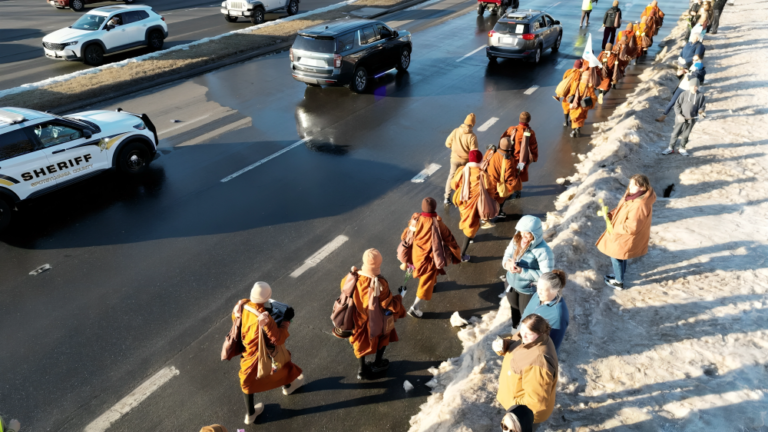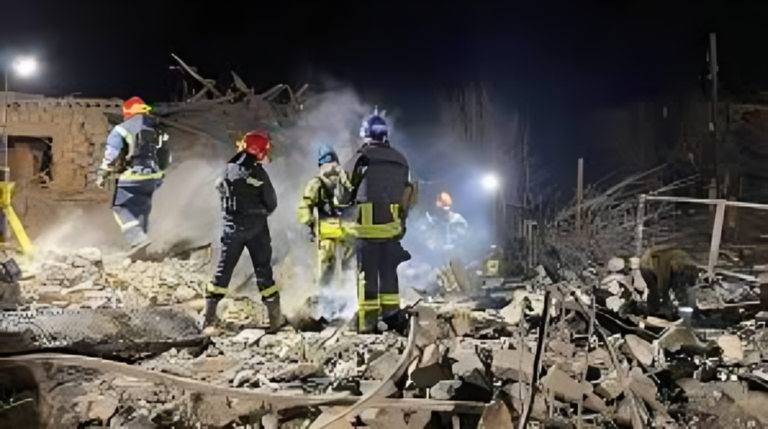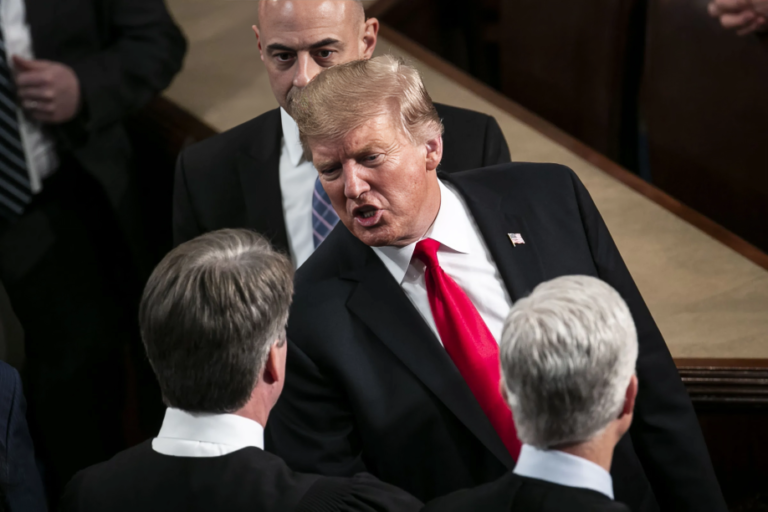In just a week, a palpable silence has enveloped the halls of higher education across the United States. International students and faculty members are watching with growing trepidation as Columbia University becomes the epicenter of a government crackdown on pro-Palestinian demonstrations. What many had only read about in far-off lands is now unfolding on American campuses, leaving a chilling effect in its wake.
Columbia has emerged as a focal point for the Trump administration’s aggressive stance regarding protests advocating for Palestinian rights. Federal immigration agents recently arrested Mahmoud Khalil, a prominent Palestinian activist and graduate student, in a brazen move that has sent shockwaves through the academic community. Khalil, a legal resident, now finds himself in federal detention, marking the first known arrest linked to these protests. His case raises alarming questions about the intersection of activism and immigration status in a country that prides itself on free speech.
Federal authorities have not stopped with Khalil. Reports indicate that two other individuals connected to the protests have faced immigration repercussions, with more actions anticipated in the coming days. GOP officials have openly suggested that this is merely the beginning of a broader campaign against dissenting voices in academia.
The Graduate School of Journalism at Columbia has acknowledged the “alarming chill” that has settled over its international students, with many expressing fear of attending classes or engaging in campus life. As faculty members voice their concerns, they reveal a growing silence among scholars who once freely debated and discussed contentious issues. “There is a silencing happening that has a huge impact on the vibrancy of higher education,” warns Veena Dubal, a law professor and legal counsel for the American Association of University Professors.
Across the nation, similar sentiments resonate. International faculty, especially those holding green cards, now tread carefully, fearing that advocacy for social justice could jeopardize their immigration status. One Bangladeshi student at Louisiana State University admitted to censoring her online presence, wary of an “authoritarian regime” lurking in the shadows of her social media posts. “It feels unsafe to share my opinions,” she confided, drawing parallels to the oppressive climate in her home country.
In response to this escalating climate of fear, colleges are advising students to be cautious about their public and online expressions. Columbia’s journalism dean has candidly warned students of the precarious nature of their situation, stressing that no one can guarantee their safety under these dangerous circumstances.
Recent arrests have only intensified concerns. Leqaa Kordia, a Palestinian student, was taken into custody for overstaying her visa, while another student, Ranjani Srinivasan, faced visa revocation for allegedly advocating violence. Both cases underscore the administration’s commitment to snuffing out dissent.
As the specter of deportation looms, the chilling message is clear: dissenting opinions may come at a steep price. The ongoing crackdown raises critical questions about free speech, the rights of international students, and the very essence of academic freedom in the United States. In this unsettling landscape, the voices that once thrived in the crucible of debate now find themselves silenced—an alarming trend that could redefine the future of higher education in America.











+ There are no comments
Add yours